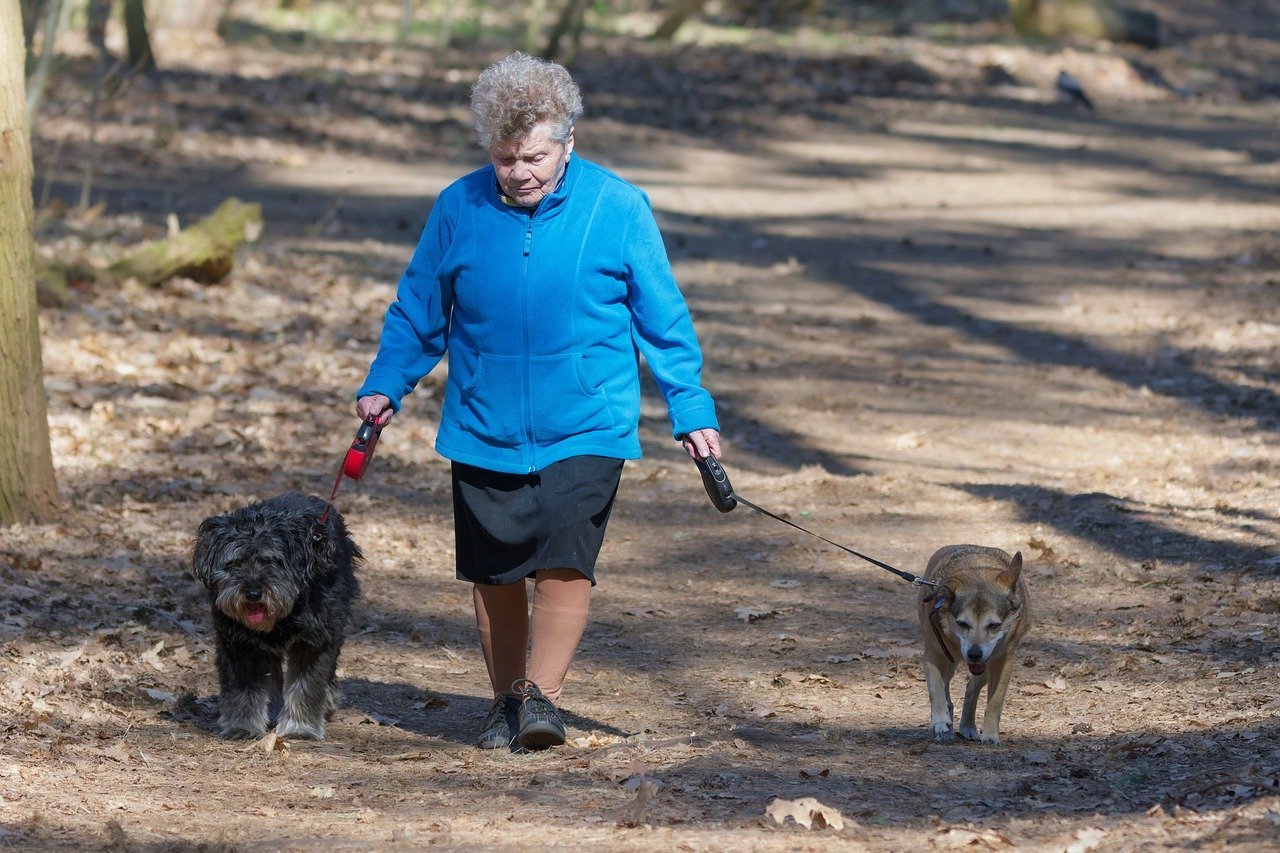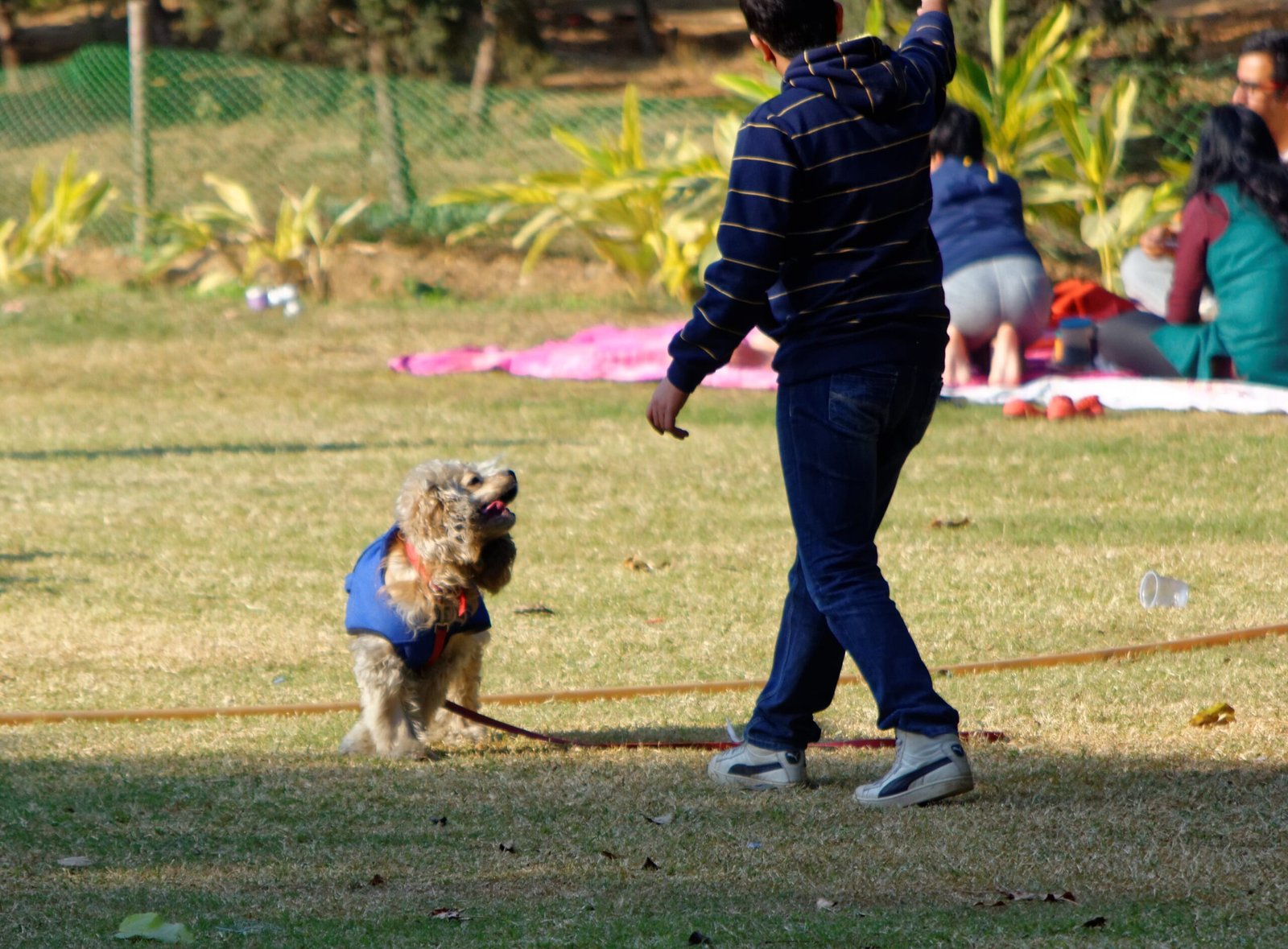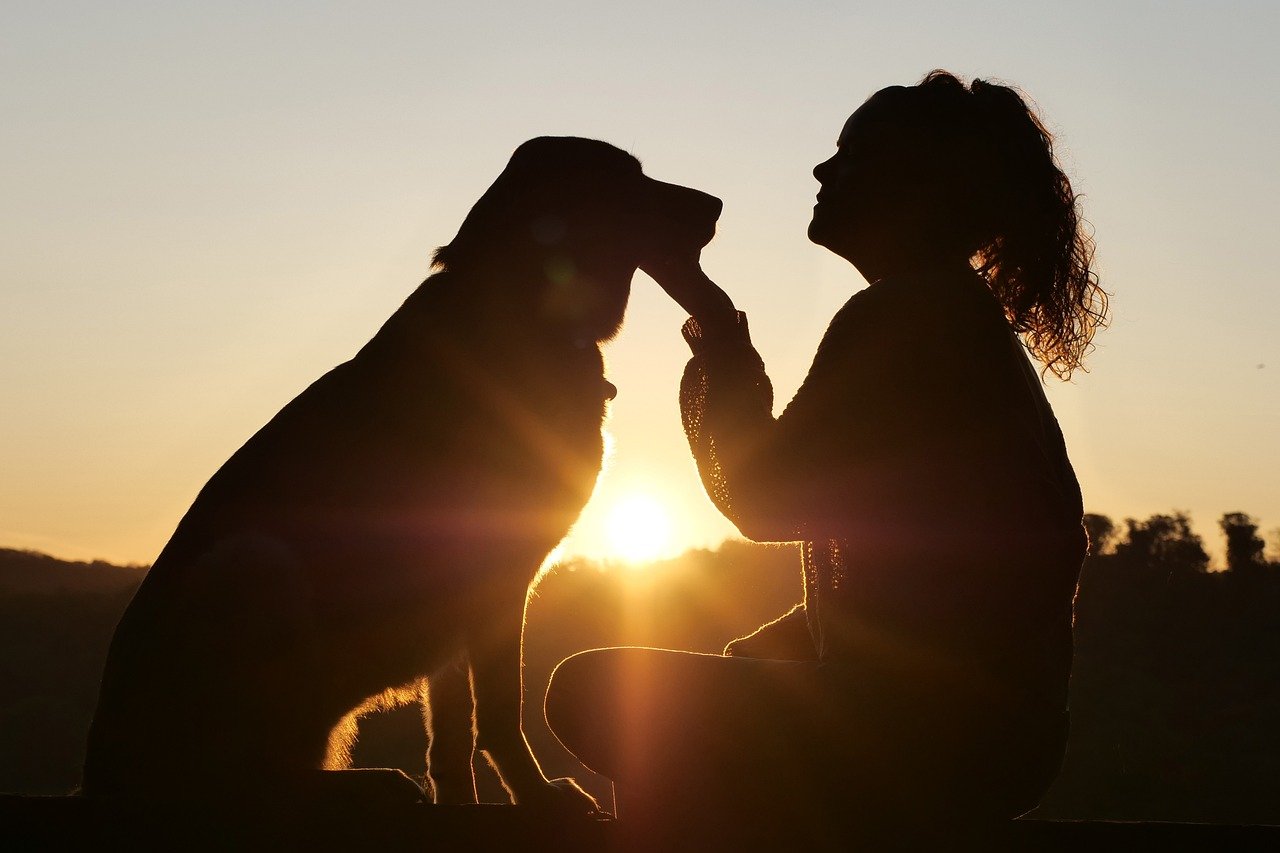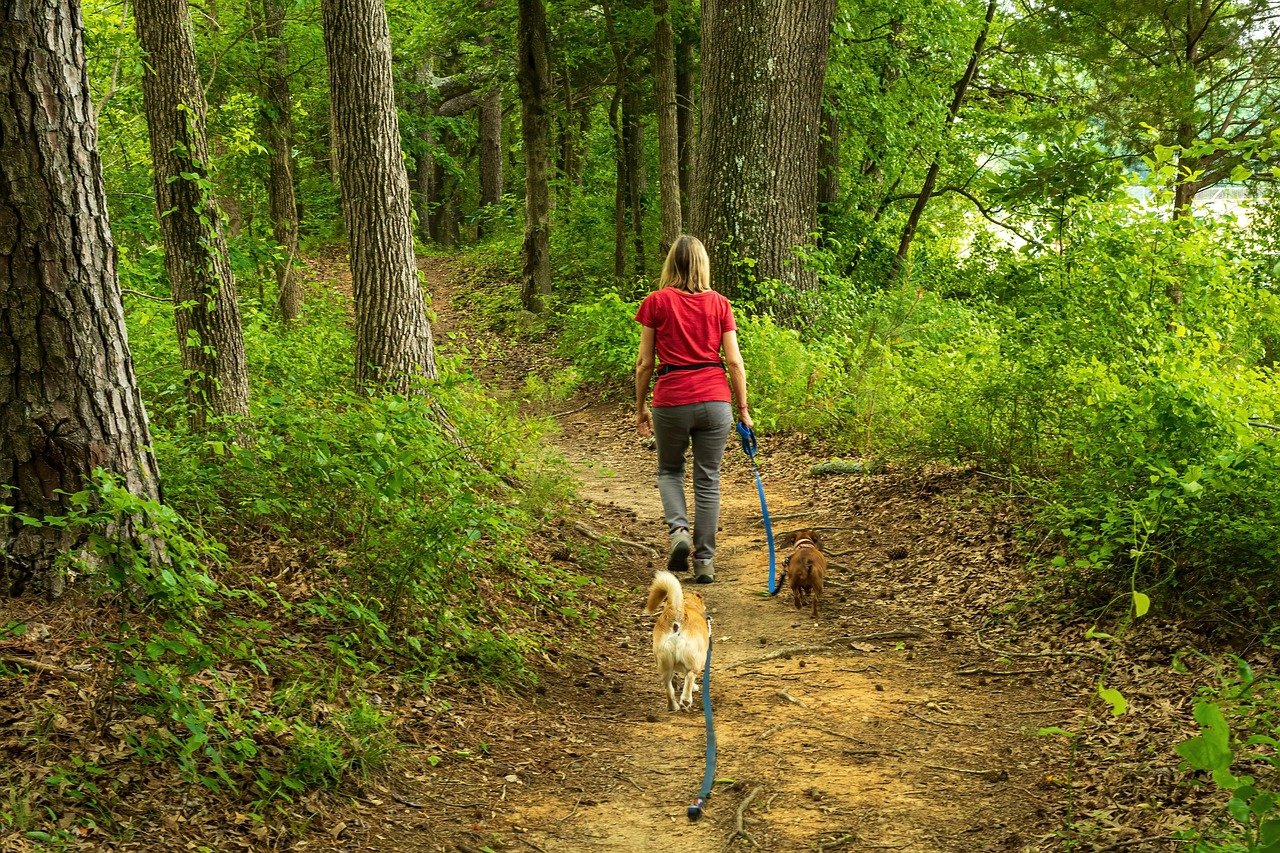There’s something incredibly comforting about having a dog by your side, especially in your golden years. Their unconditional love and companionship can ease feelings of loneliness, reduce stress, and even help lower blood pressure. Many seniors find purpose in caring for their pups, creating a daily routine that adds structure and joy. Dogs also encourage gentle exercise, like walks or playtime, which keeps both body and mind active. Plus, their playful antics and affectionate nature spark laughter and connection. It’s no surprise that studies show seniors with dogs often report better emotional well-being. Simply put, dogs don’t just fill homes—they fill hearts.
Boosting Emotional Well-Being Through Unconditional Love
Dogs have an uncanny ability to sense emotions. For seniors, especially those who live alone or have lost family members, that unconditional love offers deep emotional comfort. When you’re feeling down, a gentle nuzzle or wagging tail can feel like a warm hug. Dogs don’t judge, hold grudges, or care about wrinkles or gray hair. They’re simply there, loyal and loving, reminding their owners that they matter. This bond helps reduce feelings of isolation and sadness, which are common among older adults. It’s no wonder so many people say their dog is their best friend.
Reducing Stress and Anxiety Naturally
The simple act of petting a dog can lower stress levels almost instantly. Scientists have found that spending time with dogs reduces the stress hormone cortisol and boosts the feel-good hormone oxytocin. For seniors who might worry about health or finances, or who feel anxious about changes that come with aging, a dog’s calming presence can make a big difference. It’s like having a furry therapist on call, ready to offer comfort with a soft head on your knee or a joyful bark.
Encouraging Physical Activity and Routine

Let’s face it: it’s easy to become less active with age, especially if motivation is low. Dogs, however, need walks, playtime, and regular feeding schedules. That means their owners have a built-in reason to get up, move around, and stick to a daily routine. Even a short stroll around the block can do wonders for a senior’s mobility and heart health. Over time, these small bursts of activity add up, helping to keep both body and mind in better shape.
Combating Loneliness and Social Isolation
Loneliness is more than just a feeling; it can have real effects on health. For seniors, losing a spouse or living far from family can be especially tough. Dogs fill that void, offering constant companionship. But they also open doors to new friendships—think chats with neighbors during walks, or meeting fellow dog owners at the park. Dogs are natural ice-breakers, making it easier for seniors to connect with others and feel part of a community.
Supporting Mental Sharpness and Cognitive Health

Keeping the mind active is crucial as we age. Dogs can help with that in surprising ways. Remembering feeding times, keeping up with vet appointments, and teaching new tricks all require mental engagement. Playtime and training sessions challenge both canine and human brains. There’s even research suggesting that interacting with animals can help slow cognitive decline in seniors. It’s like a mental workout, but a lot more fun.
Providing a Sense of Purpose and Responsibility

After retirement or the loss of loved ones, some seniors struggle with a sense of purpose. Dogs give their owners an important job: caring for another living being. That sense of being needed can be a powerful motivator. Whether it’s preparing meals, brushing fur, or making sure there’s fresh water in the bowl, these daily tasks foster a sense of accomplishment and meaning. In return, seniors often report feeling happier and more fulfilled.
Enhancing Heart Health and Longevity

Believe it or not, having a dog may actually help you live longer. Studies have shown that dog owners have lower blood pressure and cholesterol, and are less likely to die from heart-related conditions. The daily walks, playful moments, and emotional support all contribute to better cardiovascular health. For seniors, every healthy day counts, and dogs seem to have a magic touch when it comes to adding not just years, but quality, to life.
Assisting With Medical Needs and Safety
Some dogs are more than companions—they’re lifelines. Specially trained service dogs can alert their owners to medical emergencies, such as seizures or drops in blood sugar. Even without formal training, many dogs develop an instinct for sensing when something’s not right. They’ll nudge, bark, or act strangely to get their owner’s attention. For seniors who live alone, this extra layer of safety can bring peace of mind to both them and their families.
Encouraging Social Engagement and Community Connections
Dog ownership opens up a world of social opportunities. Seniors with dogs are more likely to strike up conversations with neighbors, attend community events, or join local dog clubs. These interactions help build a support network, which is essential for emotional and mental well-being. Whether it’s swapping dog stories at the park or attending a pet-friendly festival, dogs naturally help seniors stay connected and engaged with the world around them.
Helping With Grief and Life Transitions
Life is full of changes, and some can be especially hard in our later years. The loss of a spouse, moving to a new home, or adjusting to retirement can all bring grief and uncertainty. Dogs provide a comforting presence during these times. Their need for care and their predictable routines offer stability when everything else feels up in the air. Many seniors say that their dog helped them through some of the toughest times in their lives.
Offering Joy, Laughter, and Daily Surprises

There’s something wonderfully unpredictable about sharing life with a dog. Whether they’re chasing their tail, snoring in funny positions, or greeting you with wild excitement every morning, dogs bring joy and laughter into the home. For seniors, these moments of lightness can be incredibly uplifting. It’s almost impossible to feel gloomy when your dog is doing something silly or wagging their tail with pure happiness.
Choosing the Right Dog: Important Considerations for Seniors

Not every dog is the right fit for every person, especially for seniors. Factors like size, temperament, and energy level matter a lot. Smaller, calm breeds might be easier to handle, while older dogs can be a great match because they’re often less demanding than puppies. It’s also worth considering adopting from a shelter, where staff can help match seniors with the perfect companion. The right dog can make all the difference, turning a house into a home filled with love, laughter, and purpose.
In the end, dogs do so much more than offer companionship—they bring joy, purpose, and even better health to seniors’ lives. Their loyalty and love can ease loneliness and brighten even the quietest days. Whether it’s a gentle nudge for a walk or just curling up together, the bond is truly heartwarming. For many seniors, a dog isn’t just a pet—it’s a lifeline filled with comfort and connection.
Jen is a passionate nature lover and ocean conservationist. She has dedicated her life to protecting the environment and preserving the beauty of the natural world. Growing up in a small coastal town, Jen sincerely appreciated the ocean and its inhabitants. She has spent countless hours exploring the shoreline, learning about the creatures that inhabit the waters, and advocating for their protection. Jen is an active member of ocean conservation organizations, and she is committed to educating the public about the importance of conserving wildlife and the natural environment.






